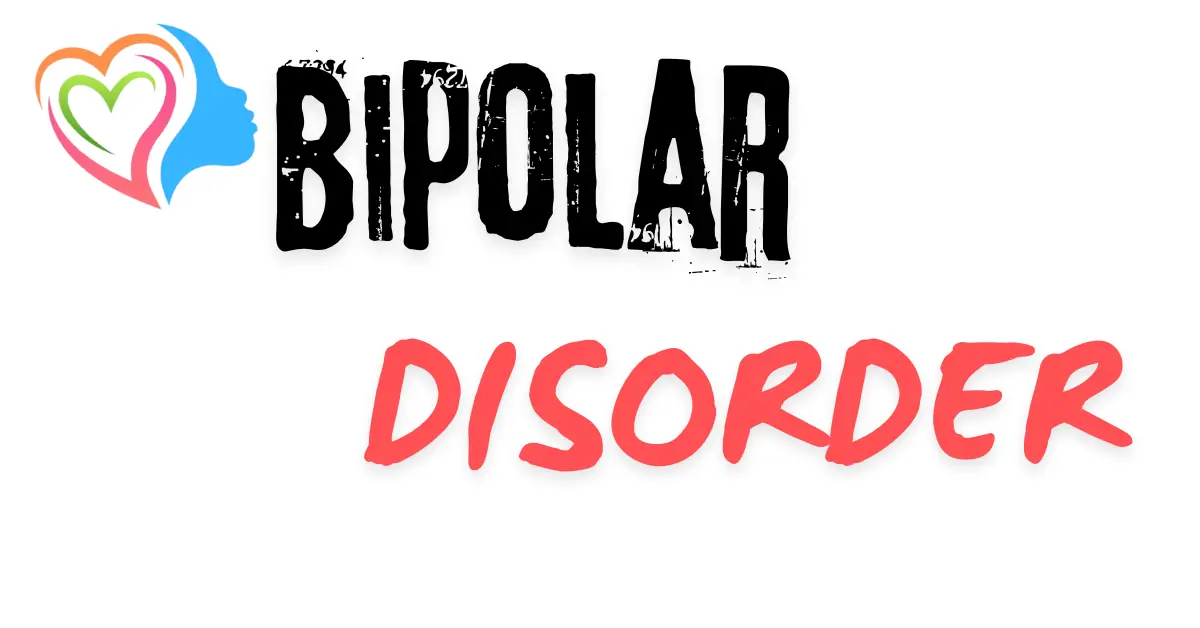
What is Bipolar Disorder?
Bipolar disorder is a mental health condition characterized by extreme mood swings, including emotional highs (mania or hypomania) and lows (depression). These mood swings can affect sleep, energy, activity, judgment, behavior, and the ability to think clearly. Bipolar disorder is divided into several types: Bipolar I, Bipolar II, and Cyclothymic Disorder. Each type involves different patterns of mood swings and varying degrees of severity.
Diagnosis
Diagnosing bipolar disorder involves a thorough evaluation by a healthcare professional. This process typically includes:
- Physical Examination: A comprehensive physical exam to rule out other medical conditions that might be causing the symptoms.
- Psychiatric Assessment: A mental health professional will conduct an in-depth interview, discussing your thoughts, feelings, and behavior patterns.
- Mood Charting: Keeping a daily record of your moods, sleep patterns, and other factors can help in the diagnosis.
- Criteria from DSM-5: The Diagnostic and Statistical Manual of Mental Disorders (DSM-5), published by the American Psychiatric Association, provides criteria for diagnosing bipolar disorder.
To Determine if You Have Bipolar Disorder, Your Evaluation May Include:
- Medical History Review: An overview of your medical history and family history of mood disorders.
- Mood and Behavior Patterns: Analysis of your mood and behavior over time.
- Symptom Duration and Severity: Assessment of how long and how severely the symptoms have been impacting your life.
What is the Best Treatment for Bipolar Disorder?
The best treatment for bipolar disorder typically involves a combination of medications and psychotherapy. The goal is to manage symptoms, reduce the frequency and severity of mood episodes, and help individuals lead a stable and productive life.
Medications
A number of medications are used to treat bipolar disorder. The types and doses of medications prescribed are based on your particular symptoms. Common medications include:
- Mood Stabilizers: Lithium, valproate, and carbamazepine are often used to control mood swings.
- Antipsychotics: Medications like olanzapine, risperidone, and quetiapine can be effective, especially if mood stabilizers are not sufficient.
- Antidepressants: These are sometimes used alongside mood stabilizers to manage depressive episodes, although they must be used cautiously.
- Antidepressant-Antipsychotic: Symbyax, a combination of fluoxetine and olanzapine, can treat both depression and mania.
- Anti-Anxiety Medications: Benzodiazepines might be used for short-term relief of anxiety symptoms.
Side Effects
Medications for bipolar disorder can have side effects, which vary depending on the type and dosage of the drug. Common side effects include:
- Weight Gain
- Drowsiness or Fatigue
- Tremors
- Dry Mouth
- Blurred Vision
- Constipation
It’s crucial to discuss potential side effects with your healthcare provider and find a treatment plan that minimizes them while effectively managing your symptoms.
Can Bipolar Be Self-Treated?
While self-care strategies can complement treatment, bipolar disorder typically requires professional management. Self-treatment alone is not recommended. However, incorporating lifestyle changes and self-care practices can significantly benefit those living with bipolar disorder. These include:
- Regular Exercise: Physical activity can help stabilize mood.
- Healthy Diet: Eating a balanced diet can improve overall well-being.
- Routine Sleep Schedule: Maintaining consistent sleep patterns is crucial.
- Stress Reduction: Techniques such as mindfulness, meditation, and yoga can help manage stress.
Benefits of Therapy
Therapy, or psychotherapy, is a vital component of treating bipolar disorder. The benefits of therapy include:
- Understanding and Managing Symptoms: Therapy helps individuals recognize early signs of mood swings and develop strategies to cope.
- Improving Relationships: It can improve communication skills and relationships with family and friends.
- Building Resilience: Therapy fosters resilience and helps individuals handle stress and setbacks more effectively.
Living with Bipolar Disorder
Living with bipolar disorder presents challenges, but with the right treatment and support, individuals can lead fulfilling lives. Key strategies include:
- Education: Learning about bipolar disorder helps individuals and their loved ones understand the condition better.
- Support Networks: Engaging with support groups and connecting with others who have bipolar disorder can provide comfort and shared experiences.
- Consistent Treatment: Adhering to treatment plans, attending therapy sessions, and taking medications as prescribed are essential.
- Healthy Lifestyle Choices: Maintaining a healthy lifestyle through regular exercise, a balanced diet, and adequate sleep supports overall well-being.
Conclusion
Bipolar disorder is a complex mental health condition that requires comprehensive management. Through accurate diagnosis, effective treatment plans involving medications and therapy, and supportive lifestyle changes, individuals with bipolar disorder can achieve stability and lead productive lives. Understanding the benefits of therapy, staying informed, and building strong support networks are crucial steps toward managing bipolar disorder successfully.
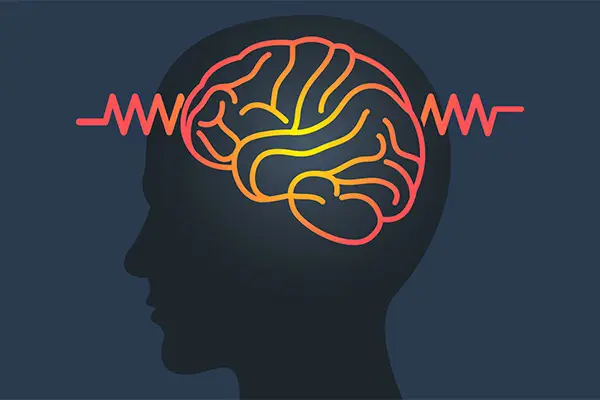
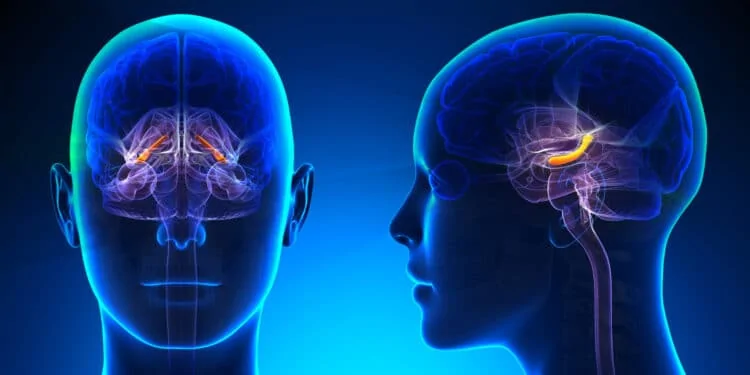
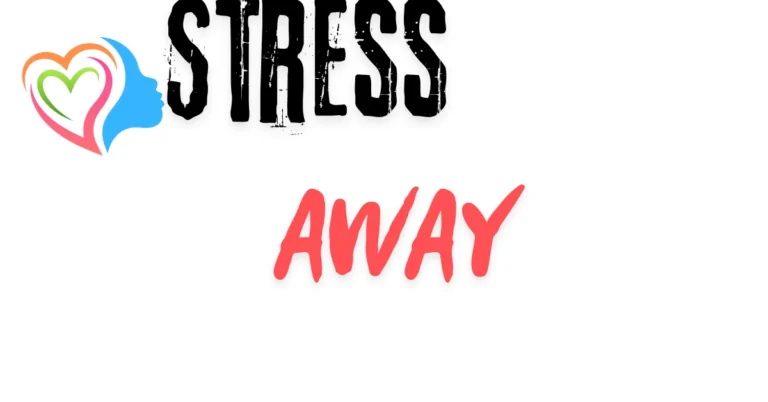

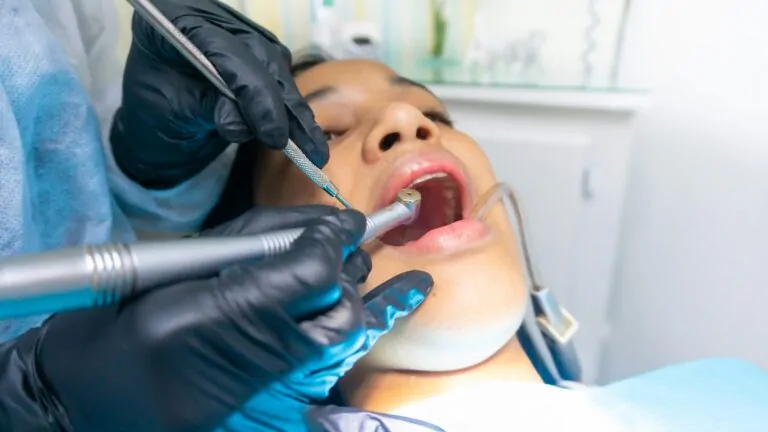


1 thought on “Understanding Bipolar Disorder: A Comprehensive Guide”
Comments are closed.